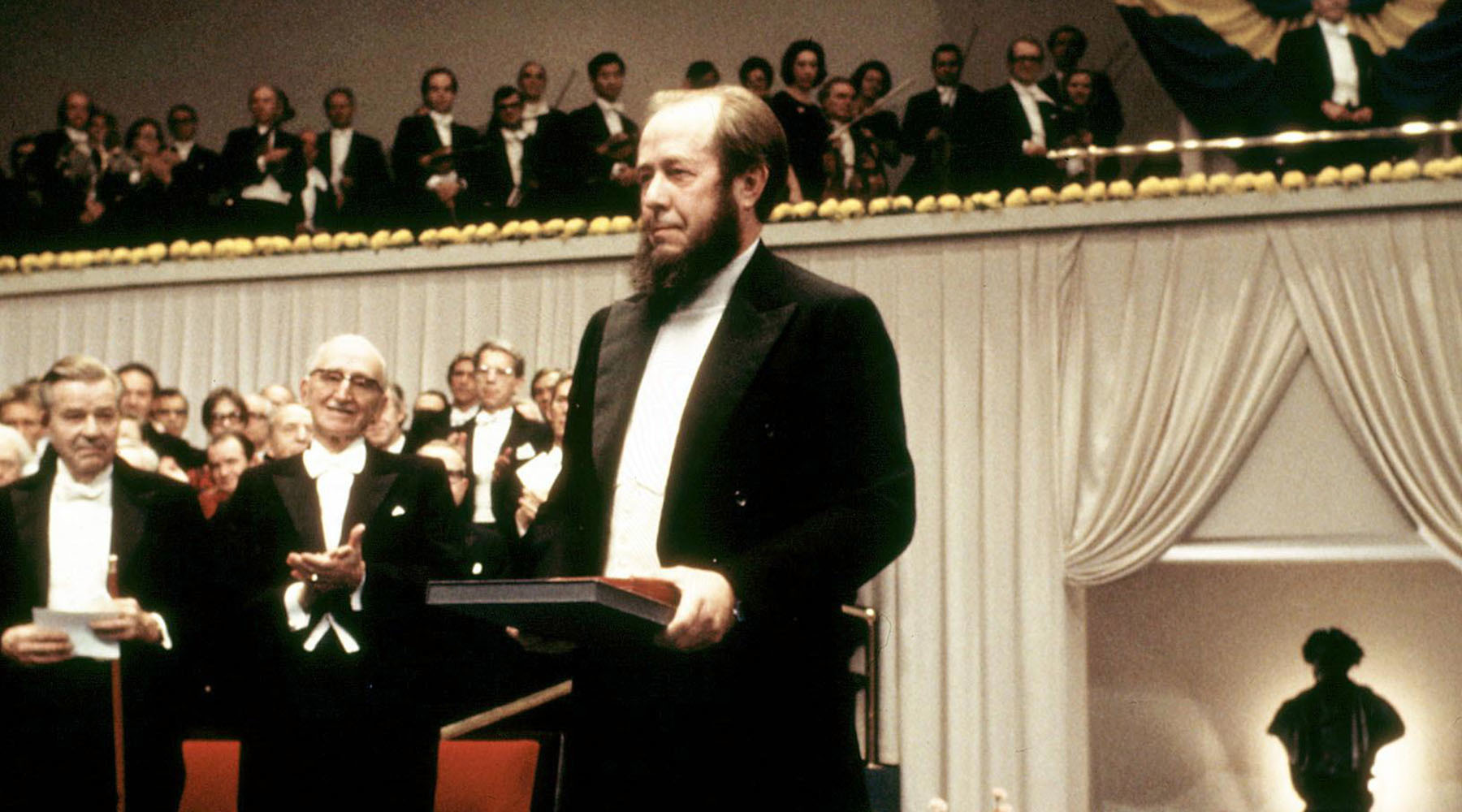On Thursday 8 October, the Swedish Academy announced the name of the 2020 Nobel Prize in Literature.
It was the American poet Louise Gluck.
The prize was awarded to Gluck with the following wording: "For her unmistakable poetic voice, the laconic beauty of which turns individual experience into universal."
Gluck was born in 1943 in New York, in a family of Jews, immigrants from Austria-Hungary.
In 1968, the first collection of poems by the poetess, The Firstborn, was published.
To date, Louise Gluck is the author of 14 collections of poetry.
At various times she taught at the colleges of Massachusetts and Vermont, at Boston and Iowa universities.
Today, the writer works as a freelance teacher at Yale University.
Louise Gluck is the recipient of numerous American literary awards.
She is also a member of the American Academy of Arts and Letters.
Russian writers and the Nobel Prize
The Nobel Prize in Literature has been awarded annually since 1901 (with the exception of seven years in the first half of the 20th century and 2018).
At various times, this award has been awarded to such authors as Rudyard Kipling, Maurice Maeterlink, Bernard Shaw, Thomas Mann, John Galsworthy, Luigi Pirandello, Hermann Hesse, William Faulkner, Ernest Hemingway, Albert Camus and others.
Russian writers have repeatedly won the prize.
In 1933, Ivan Bunin was awarded the prize (“for the strict skill with which he develops the traditions of Russian classical prose”).
True, at that time the writer was already in exile.
Boris Pasternak, distinguished in 1958 for “significant achievements in contemporary lyric poetry, as well as for the continuation of the traditions of the great Russian epic novel,” had to refuse the prize under pressure from the Soviet authorities.
Unfortunately, the attention of the Nobel committee provoked the persecution of Pasternak at home.
These events greatly undermined the writer's health.
AFP
© OLLF LINDEBORG / SCANPIX SWEDEN
Mikhail Sholokhov was awarded the prize in 1965 with the wording "for the artistic power and integrity of the epic about the Don Cossacks at a crucial time for Russia."
Alexander Solzhenitsyn was awarded the Nobel Prize for Literature in 1970, "for the moral strength with which he followed the immutable traditions of Russian literature."
On October 22, 1987, the prize was awarded to the poet Joseph Brodsky - “for an all-encompassing literary activity, distinguished by clarity of thought and poetic intensity”.
At that time, Brodsky was already a US citizen.
2018 scandal
In 2019, the Swedish Academy, contrary to the regulations, announced the names of two Nobel Prize laureates in literature at once: for 2018 and 2019.
Polish writer Olga Tokarchuk and Austrian Peter Handke are the winners of the award, respectively.
In 2018, the award ceremony was canceled due to organizational problems within the academy.
Officially, the refusal to choose a laureate was explained by "the reduction in the composition of the Academy and the weakening of public confidence in it."
These events took place against the backdrop of a scandal involving a French-Swedish photographer and the spouse of one of the members of the academy, Jean-Claude Arnault.
According to media reports, the photographer was suspected of disclosing the names of the winners before the official announcement.
It also turned out that the Forum literary club in Stockholm, headed by Arno, received funding from the Nobel Foundation through his wife.
Among other things, Arno was accused of sexually harassing 18 women (he was later found guilty of two rapes).
As a result of the scandal, the wife of Jean-Claude Arnault, the Swedish poet Katharina Frostenson, left the Swedish Academy.
At the same time, the committee lost several more people, including the permanent secretary of the organization, Sarah Danius.
Thus, ten people remained in the committee, and according to the charter, 12 votes are required to select the laureates.

